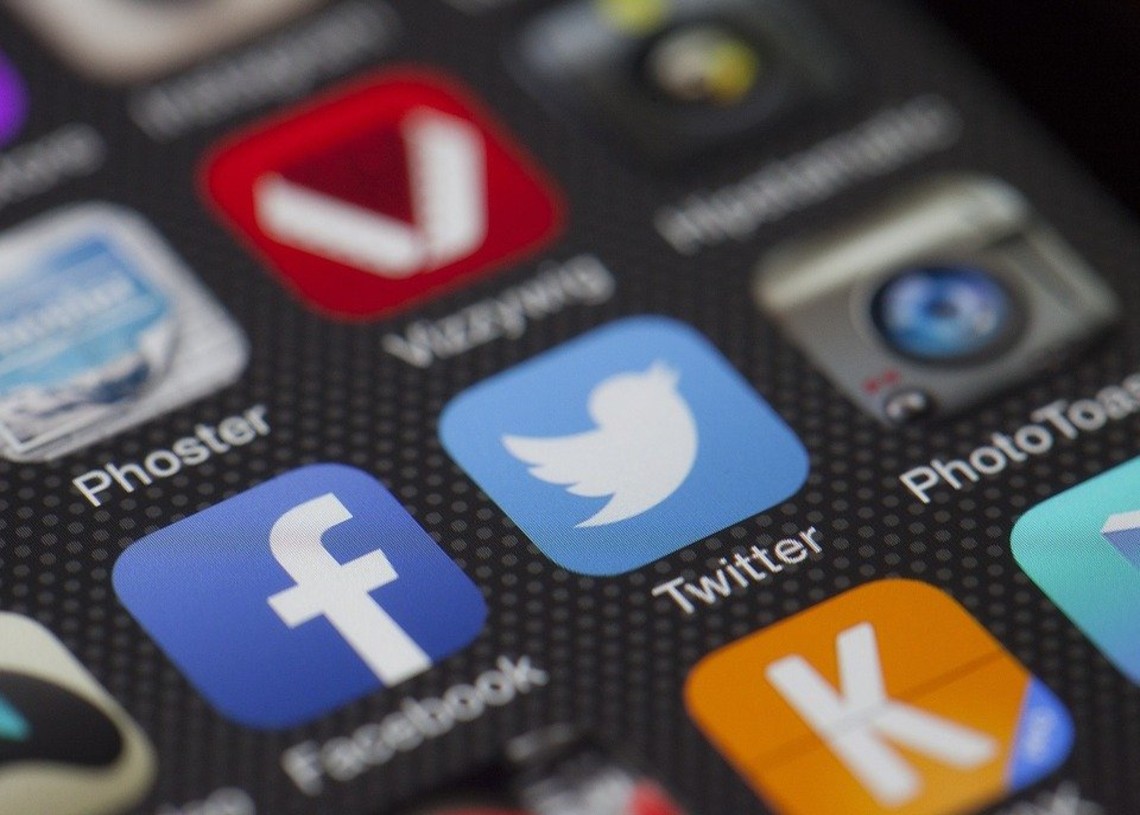A twitter hack carried out less than two weeks ago offered a glimpse of what cybersecurity threat will look like post coronavirus. The large scale hack was also among the first major cyberattacks since the US went into lockdown due to coronavirus.
On 16th July, Twitter accounts of prominent people such as Barack Obama and Bill Gates were compromised by hackers running a bitcoin scam. The random hack was among the largest hacks carried out in recent history, and the first major attack since the US went into lockdown due to coronavirus and companies implemented a work at home policy.
The cybersecurity threat was even more dramatic as it played out live in public on the platform, with every hack of a prominent person being reported live by mainstream media.
The Twitter hack was a major setback for the company, and its CEO addressed the security breach incidence during the company’s earnings call last week, apologizing for the inconvenience caused by the security breach. Jack Dorsey expressed his sympathy for the people that were affected by the breach, stating that he felt terrible for what the users had to go through.
How the Twitter hack should prepare businesses
The Twitter hack highlighted the security risks businesses got exposed to as they transitioned to work at home policy. Although it is still not clear if the twitter hack was as a result of working at home, Twitter revealed that the hack was a result of well-coordinated social engineering tactics that targeted their employees with access to critical data of the company.
The Twiter hackers were then able to access the companies servers using the information obtained from these workers, gaining access to hundreds of millions of accounts.
The security compromise at Twitter could also happen in other businesses and should serve as a warning on what to expect. When lockdowns were put in place, companies did not have time to plan on their cybersecurity, as jobs started becoming home-based. For organizations that could only access servers while on-site, this meant that they had to build virtual private networks for their workers if they were to connect to these servers.
There was also less training for workers, and transferring work to home-based environments meant that these workers were more susceptible to putting their guards down. Just like Twitter, these employees were could also be compromised and information granting hackers to companies servers stolen, thereby giving them access to unauthorized information.
To protect from such hacks, companies should continue being vigilant on the risks they are prone to and implementing security measures and contingencies in case they are attacked. They should also reevaluate their systems to ensure that there are no weak links that could be compromised by hackers, and put them at risk of data compromise.
Featured image by Pixabay







